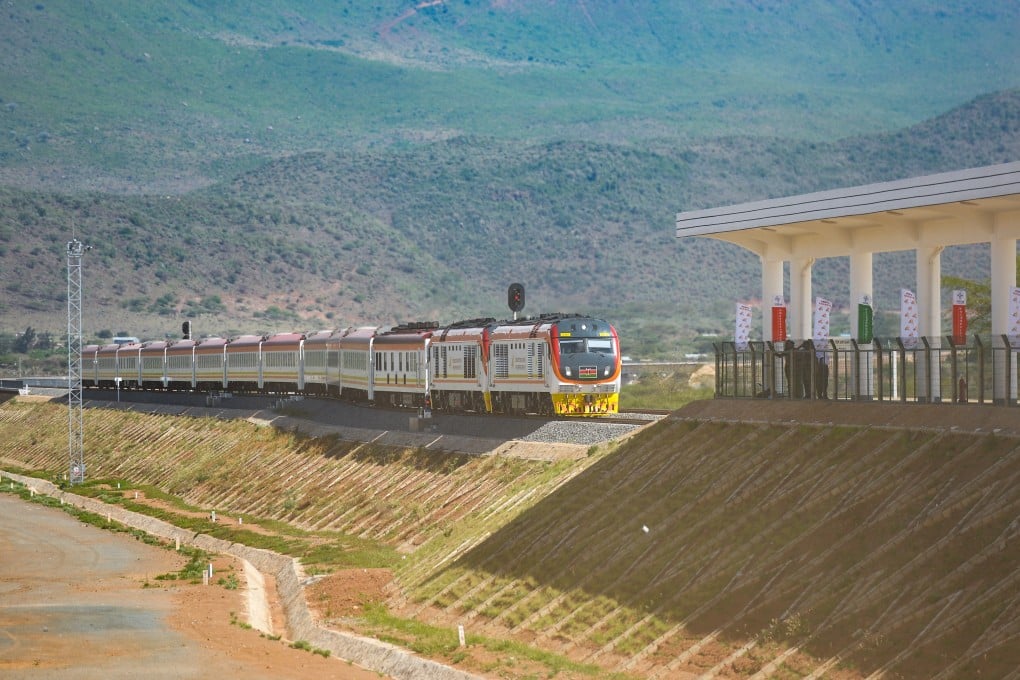Chinese firms hit bribery and tax evasion troubles amid African corruption crackdowns
- Series of cases in countries including Kenya and Uganda involve Chinese entities or directors
- Beijing has criminalised bribing foreign public officials but unlike some other countries it has no law on corrupt practices abroad by companies or citizens

In the past three years, a number of Chinese-owned companies have landed in trouble with investigating agencies for tax evasion.
Others have been accused of bribing their way to winning lucrative infrastructure contracts, on a continent that has some of the world’s most corrupt countries, according to the Corruption Perceptions Index 2018, compiled by Transparency International, an international non-governmental organisation.
In Kenya’s crackdown on corruption under President Uhuru Kenyatta, Chinese-owned companies are among about 600 being investigated over alleged tax evasion and bribery.
There is a similar story in neighbouring Uganda, whose tax agency last year released a list of suspected cases that linked several Chinese firms to fraudulent tax activities. Of 148 firms on the list, 93 were foreign-owned, of which at least 90 had Chinese directors. The firms were accused of using fictitious invoices to indicate business transactions when there was no genuine supply or movement of goods.